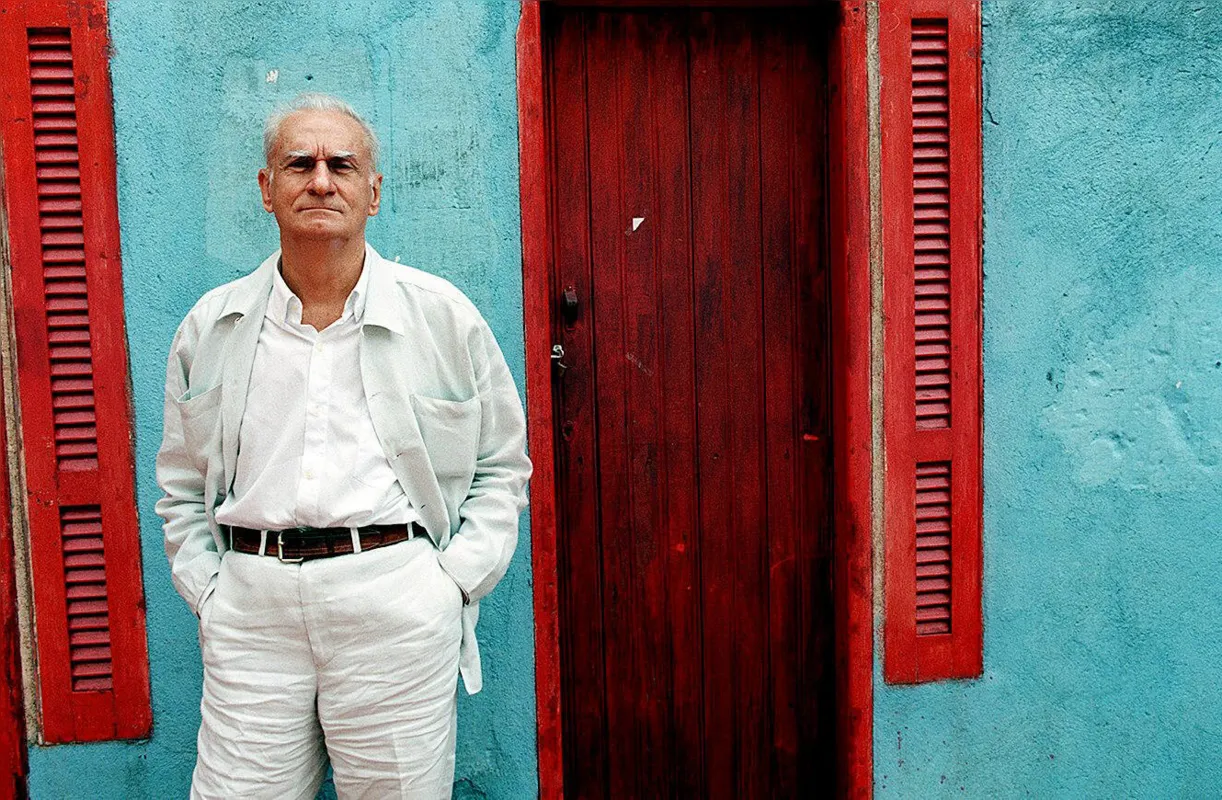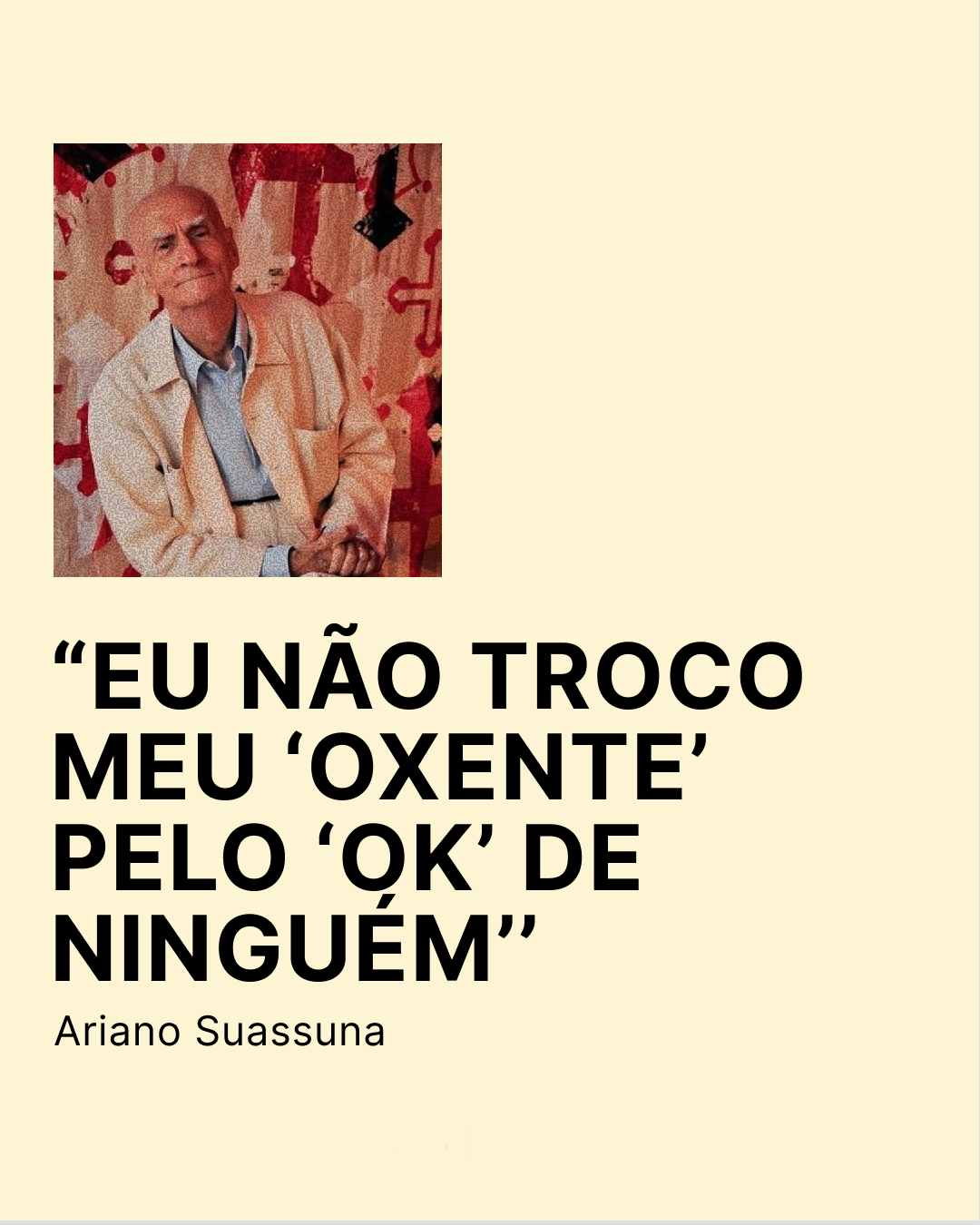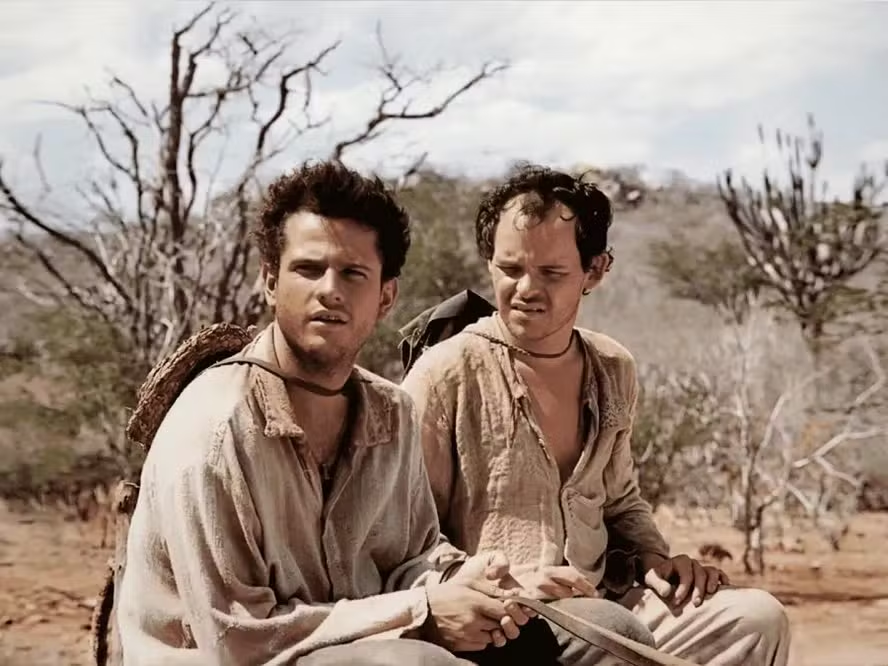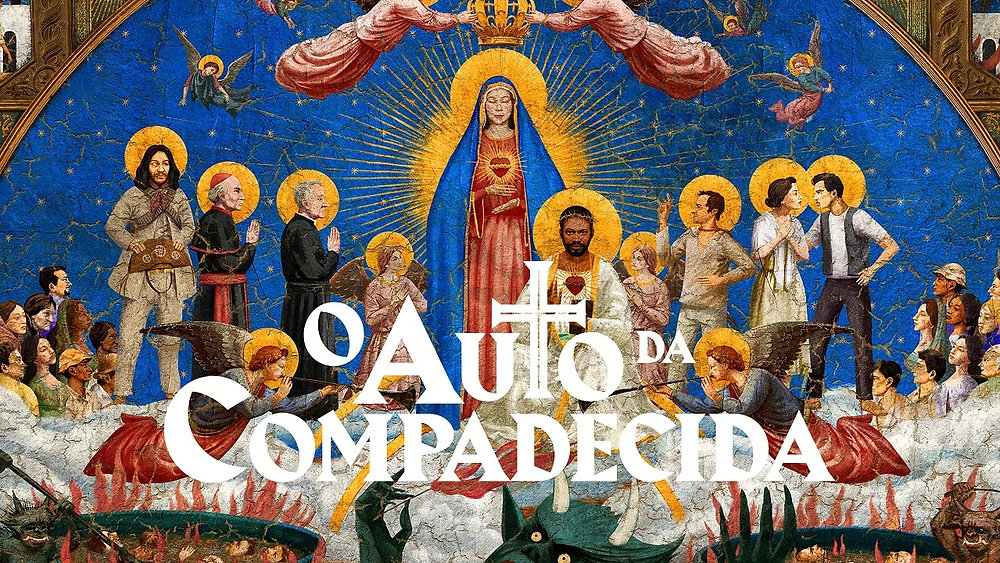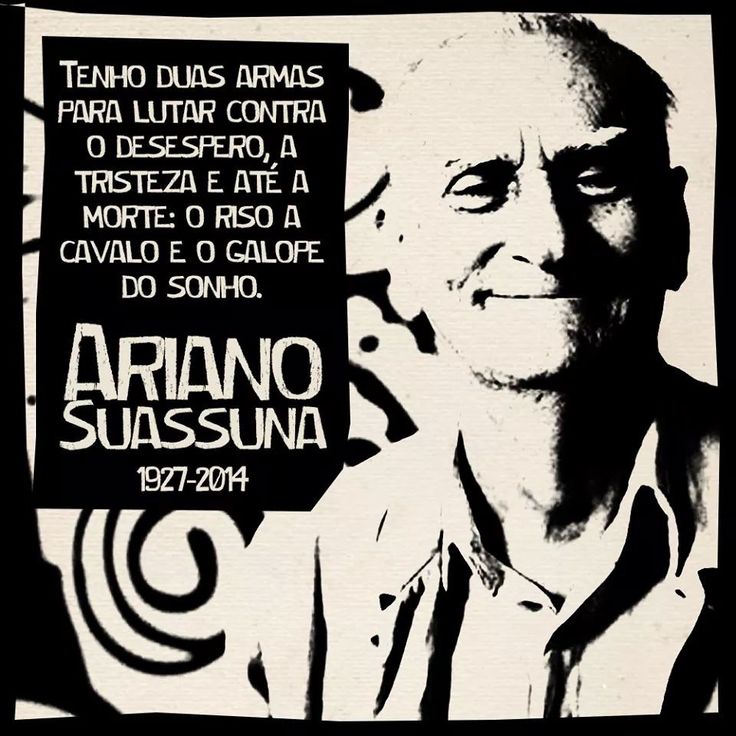Who was Ariano Suassuna?
Born in 1927 in Paraíba, one of Brazil’s poorest states, Suassuna spent his life challenging cultural stereotypes. For him, the Northeast wasn’t a background — it was the center. His work celebrated the music, poetry, humor, and faith of people often overlooked by the country’s elite. Suassuna believed that culture only made sense if it had roots, accent, and invention.
One of his famous sentences:
“I wouldn’t trade my ‘oxente’ for anyone’s ‘OK.’”
– Ariano Suassuna
Oxente” is a typical Northeastern Brazilian exclamation , mix of surprise, emotion, and regional identity. It’s more than a word. It’s an attitude.
Auto da Compadecida: A Play That Crossed Every Border
Written in 1955, Auto da Compadecida (“The Compassionate Woman”) is Suassuna’s most famous work, a mix of comedy, folk Catholicism, street theater, and social critique. The play was translated into dozens of languages, adapted into a hit TV mini-series, and a beloved film in Brazil.
Through this story of two trickster friends navigating poverty, sin, and salvation, Suassuna showed the world that popular culture can be clever, complex, and deeply human.

